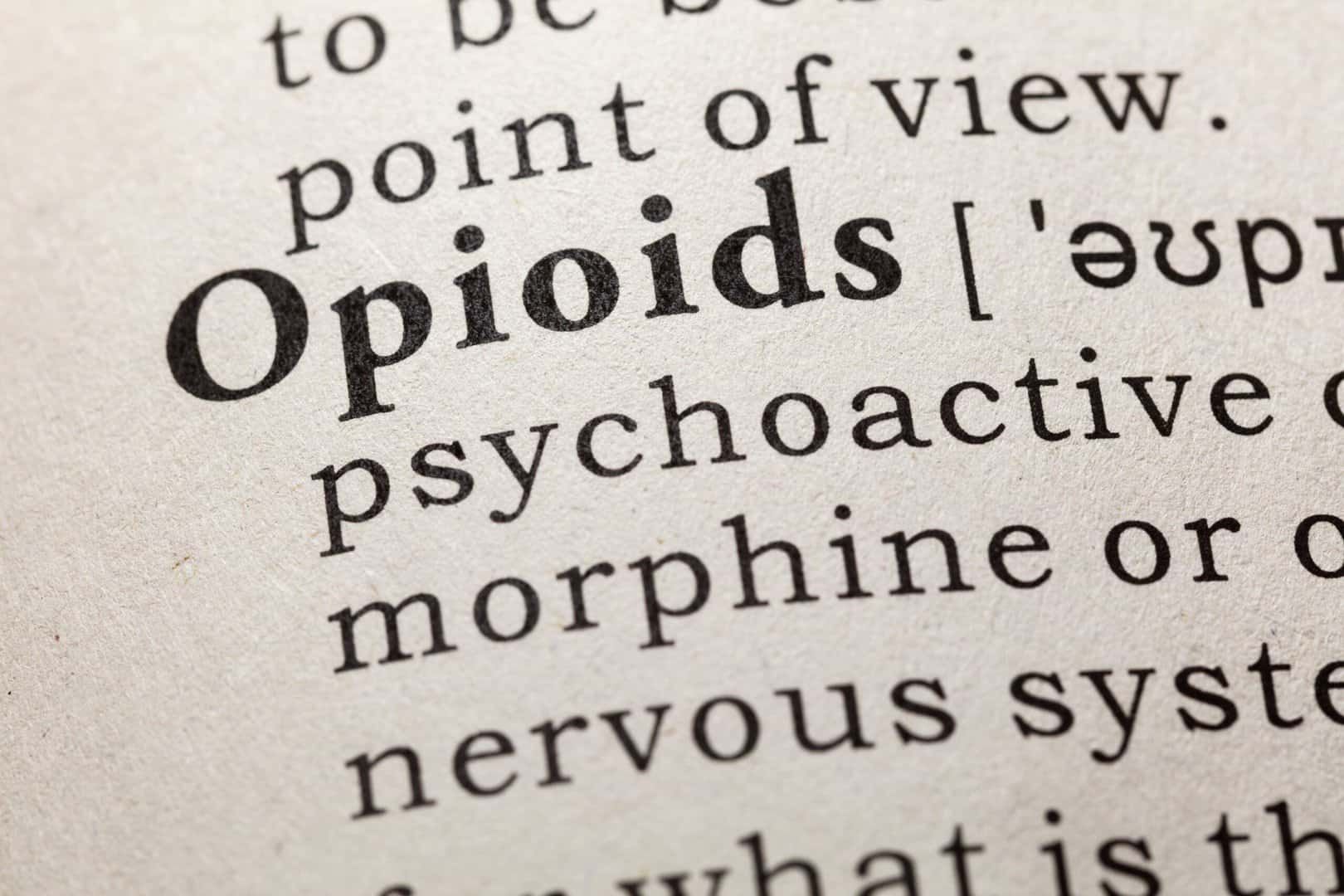Recognizing Addiction Triggers Using Mindfulness

Mindfulness serves as a powerful tool in combating addiction and fostering recovery. By anchoring individuals in the present moment, it offers a way to navigate addiction triggers and cravings without resorting to substance use. This practice cultivates awareness of bodily sensations, thoughts, and emotions.
Thereby, enabling individuals to respond to addictive impulses with intention instead of automatic reaction. As part of our holistic approach at Flatirons Recovery, mindfulness paves the way toward a substance-free life. Thus, empowering individuals to manage addiction in a balanced, sustainable way.
What is Mindfulness?
Mindfulness is a mental state and practice that involves being fully present and aware of the present moment, without judgment or distraction. It’s about paying deliberate attention to our thoughts, emotions, sensations, and surroundings. This practice encourages people to observe their thoughts and feelings as they arise. But also, without getting caught up in them or reacting impulsively.
Mindfulness is often associated with meditation techniques. However, it can also be incorporated into everyday activities. The goal of mindfulness is to cultivate a greater sense of clarity, self-awareness, and emotional regulation. In addition, it helps individuals become more attuned to their thoughts and feelings, manage stress, and make more conscious choices in their lives.
Jon Kabat-Zinn, a pioneer in the field of mindfulness, defines it as “Paying attention in a particular way: on purpose, in the present moment, and nonjudgmentally.” Mindfulness practices are drawn from various contemplative traditions. Including Buddhism, and have been adapted and integrated into secular settings, such as psychology, healthcare, education, and workplaces.
The benefits of practicing mindfulness include:
- Reduced stress
- Improved focus and concentration
- Enhanced emotional regulation
- Increased self-awareness
- Better relationships
- Greater sense of overall well-being
Mindfulness can be accomplished through practices like meditation, deep breathing exercises, body scans, and mindful observation of daily activities. However, while mindfulness has significant positive effects, it is not a substitute for professional medical or psychological treatment when dealing with serious mental health disorders.
Mindfulness For Addiction Triggers and Cravings During Recovery
Mindfulness for addiction recovery can be a valuable tool. It helps individuals develop greater awareness of their thoughts, emotions, behaviors, and addiction triggers. Which in turn aids in breaking free from addictive patterns. According to a 2018 study, mindfulness-based interventions (MBIs) have been used for a wide range of addictive behaviors including alcohol addiction, opioid misuse, and other substance use disorders.
It has been determined that mindfulness-based interventions reduce cravings by modulating cognitive processes in the brain responsible for self-regulation. This means that mindfulness allows our brains to slow down and make better choices when confronted with addiction triggers and cravings.
Overall, triggers and cravings are brain phenomenon that results in significant urges to continue substance use and abuse. Though there are many ways to address cravings and triggers, one of the most effective is recognizing addiction triggers and cravings using mindfulness techniques.
Here’s how mindfulness for addiction recovery can be applied:
Increased Self-Awareness
Mindfulness practices encourage individuals to observe their thoughts, emotions, and cravings without judgment. This heightened self-awareness helps those in recovery identify addiction triggers, patterns, and the underlying causes of their addictive behaviors.
Emotion Regulation
Addiction is often linked to using substances or engaging in behaviors to cope with difficult emotions. Mindfulness teaches individuals to process their emotions without immediately reacting to them. Moreover, this practice helps in learning healthier ways to cope with and manage emotional distress.
Manage Addiction Triggers and Cravings
Mindfulness provides tools for dealing with cravings by helping individuals acknowledge the urge without acting on it. Therefore, through mindful awareness, individuals recognize the temporary nature of cravings and allow them to pass without giving in.
Reduced Relapse Risk
By developing mindfulness skills, individuals become more resilient in the face of triggers and stressors that lead to relapse. Thereby, mindfulness practices empower individuals to make more conscious and healthy choices in moments of weakness.
Stress Reduction
Mindfulness techniques, such as deep breathing, meditation, and body scans, can effectively reduce stress and anxiety. This is crucial in preventing relapse, as stress often plays a role in triggering addictive behaviors.
Improved Coping Strategies
Mindfulness encourages individuals to respond to challenges in a thoughtful and considerate way rather than reacting impulsively. Accordingly, this leads to the development of healthier coping strategies that don’t involve substance use.
Focus on the Present
Addiction often involves dwelling on past regrets or worrying about the future. Mindfulness focuses on the present moment. Thereby, allowing individuals to break free from the past and anxiety.
Mindful Relapse Prevention
Mindfulness-based relapse prevention programs combine traditional addiction recovery strategies with mindfulness techniques. Consequently, these programs help individuals recognize addiction triggers, manage cravings, and develop better decision-making skills.
Mindful Sobriety
Mindfulness fosters a deeper sense of gratitude and fulfillment in sobriety. Additionally, it encourages individuals to find joy and meaning in everyday experiences. Thus, promoting a healthier and more positive lifestyle.
Mindfulness for Addiction at Flatirons Recovery
Mindfulness can be a beneficial approach to managing addiction triggers and cravings during recovery. However, it’s not a standalone solution. It’s most effective when used in conjunction with other evidence-based treatments, such as therapy, support groups, and medical interventions. Therefore, individuals seeking to incorporate mindfulness into their recovery should consider working with trained professionals who have experience in both mindfulness practices and addiction treatment.
Contact our addiction specialists today to learn about our treatment programs and mindfulness approach to recovery.

